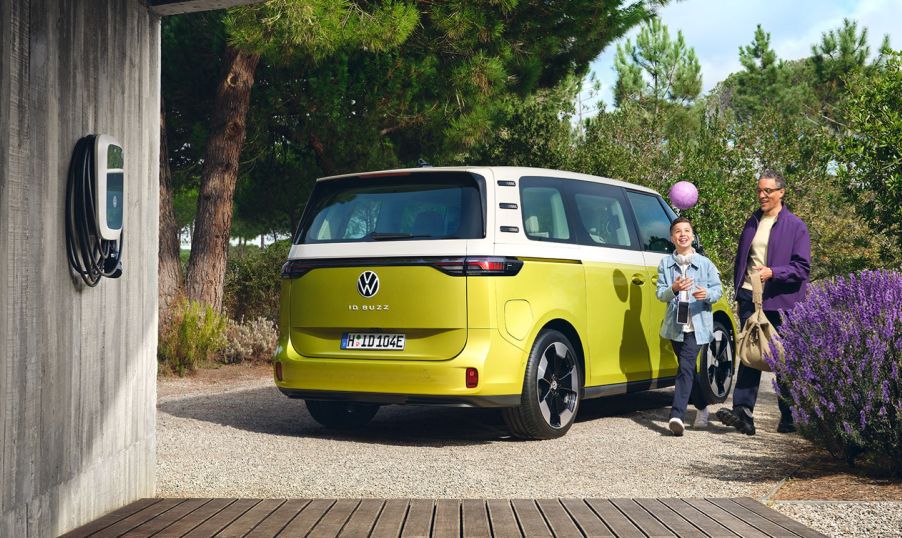
Why Are Home EV Fast Chargers so Expensive?
Before buying your first EV, you’ll want to consider the overall cost of ownership. Sure, saving money on gas is a big benefit to your bank account. However, EVs have other expenses you might not be used to absorbing with a traditional gas-powered car. For example, you’ll probably want a home charging station or, in some instances, an EV fast charger for charging at home.
It’s no secret that home EV fast chargers are pricey. A quick search of the web might give you sticker shock. So, why are these innovative fast charging stations so expensive, and will they eventually go down in price?
How much do home EV fast-chargers cost, anyway?
There’s regular EV charging; then there’s DC fast charging. If you’re out and about in your EV looking for a significant boost in about 15 minutes, you’ll likely need a Tesla subscription or pay more to do so. If you think buying a fast charger for home use is an option, you certainly can buy one. However, you’ll pay for it there, too. Solar Reviews suggests a fast-charging station for your garage will cost anywhere from $800 and $2,000.
It may be more costly to buy the fast charger upfront, but as Gear and Cylinder concludes, it’s not going to take long to earn that back. Over time, having a fast charger will cost about $3.00 to $7.00 for 100 miles of charging. That’s arguably cheaper than what you’d pay for at the gas station, depending on the model of car you’re driving. So, why such a hefty price tag for an EV component that seems so necessary?
Why are home chargers so expensive?

As with any new technology innovation, upon inception, parts and components can be pricey to obtain. Remember how expensive the first CD player was to buy? Now, nearly every gaming or home entertainment device has a CD or Blu-ray player built in.
An at-home EV fast charger is an excellent example of components driving up the costs of the whole product. While the world is transitioning to adopting electric vehicles, the U.S. isn’t there yet. These first few years of charging station construction will require more engineering, a host of “uncommon” parts, and routine improvements, as Gear Junkie discusses.
Until the kinks are ironed out in how companies improve their charging station production, it’s going to cost a little more to buy one for yourself. The good news is that consumers can expect pricing to eventually decrease as those “uncommon parts” become more common.
The rise of the EV machines continues
The electrification movement surges on, with more automakers issuing public commitments to transition away from gas cars altogether. Policymakers influence the pace with which this EV movement continues. However, it’s clear that combustion engines will phase out and off the production lines, making room for clean, energy-efficient, electric vehicles for the masses.
Consumer Reports shared a few of the latest automaker commitments to transition to all-electric lineups. Honda aims to be all-electric with zero emissions by 2040. BMW claims it will bring “roughly a dozen” new electric vehicles to market by 2025. Ford says it will be producing 2 million EVs every year by 2026, with plans for EVs to account for as much as half of its global sales by 2030. Even General Motors announced plans to become an all-electric lineup by 2035.
Considering the slow and gradual, widespread adoption of EV technology, you can expect pricing to go down in time. The vehicles will likely drop in price, as will the components used to build them. So, those expensive at-home fast chargers won’t be so expensive, either.


